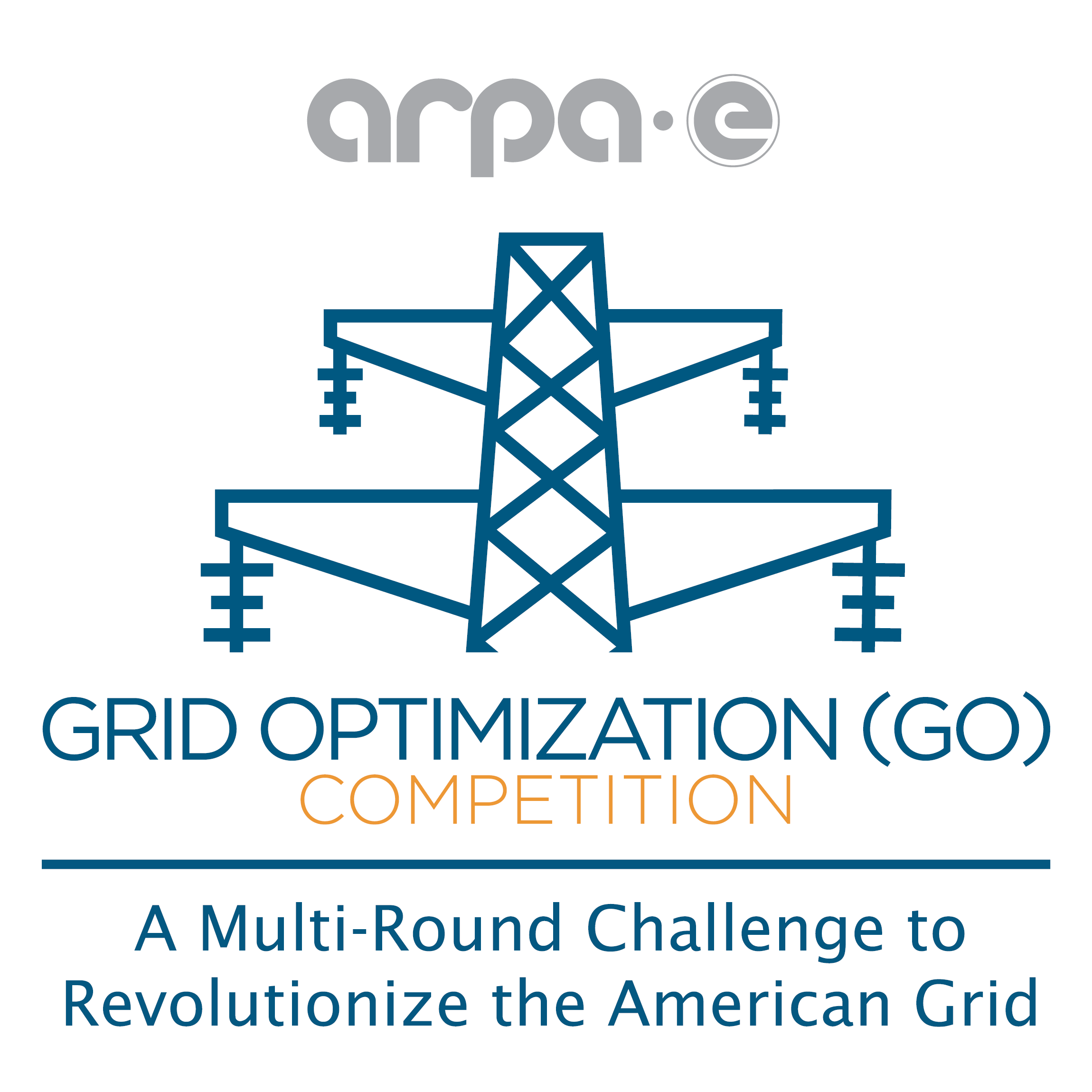
Energy Secretary Rick Perry just took to the airwaves to announce the launch of ARPA-E’s newest challenge, the Grid Optimization (GO) Competition. America’s electric grid is a vast network, consisting of several regions that cover all 50 states and Canada. Serving this huge geography requires thousands of miles of electric lines, connecting customers with generation sources including wind, solar, coal, natural gas, nuclear, and hydroelectric power. Today’s grid is evolving faster than ever, driven largely by the increasing competitiveness of intermittent renewable resources like solar and…
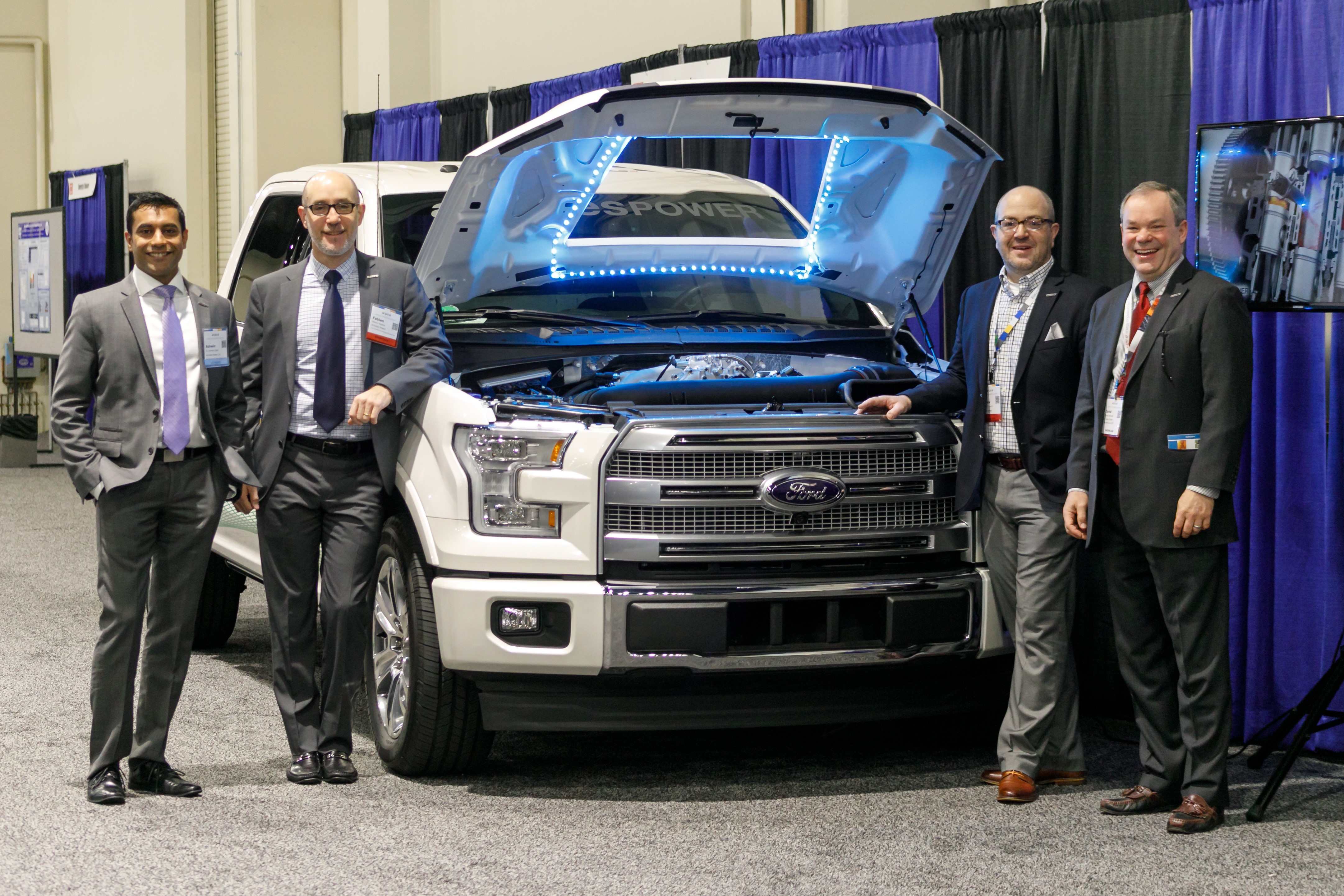
Dr. Ashwin Salvi is a former ARPA-E fellow. We recently sat down with him to discuss how he became interested in energy, his experience working at ARPA-E, and what he’s doing now to transform America’s energy future. How did you first become interested in energy? As an engineer, I’ve always been interested in energy, but it was in 2012 that I became aware of its resonance, as it was mentioned during several speeches and debates. So, I got together with a few of my graduate school classmates at the University of Michigan to start the Michigan Energy Club. Our goal was to educate the…
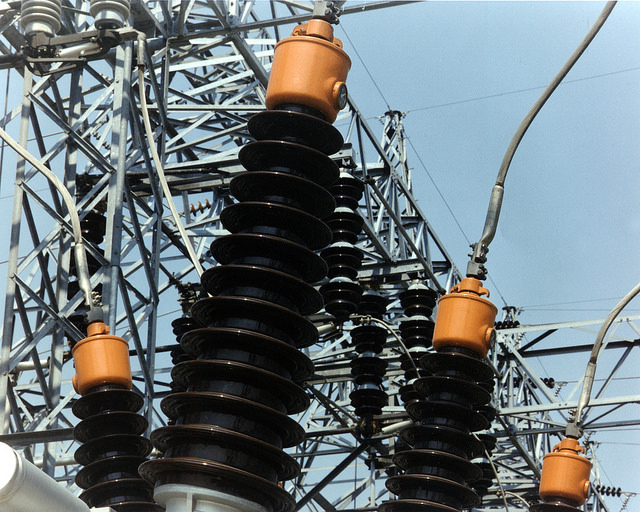
Electricity delivered by alternating current (AC) has a long and colorful history in the United States. This method, which alternates the flow of electricity back and forth many times per second, dominates our transmission and distribution system. AC proliferation has been driven by the ease and lower cost of voltage regulation as compared to direct current (DC), despite higher efficiencies that could be enabled by transitioning to DC. Through recent and ongoing technological innovations, economically competitive and robust DC hardware solutions have started to pave the way for radical…
Severe weather, cyber intrusions, and physical attacks can damage America’s critical energy infrastructure and cause power outages that affect families and businesses alike. As Secretary Perry observes, “A reliable and resilient electric grid is critical not only to our national and economic security, but also to the everyday lives of American families.” Increasing use of distributed generation and battery storage technologies creates new operating requirements for the grid. This transformation is driving ARPA‑E to support promising early-stage energy technologies that could make the U.S.…
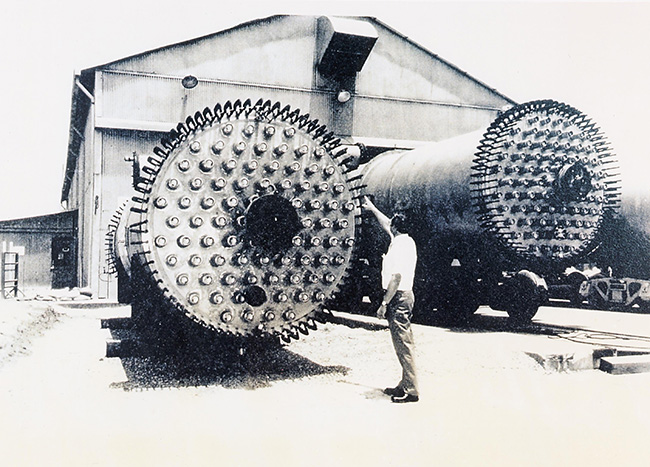
Last fall, ARPA-E Program Director Dr. Mike Ohadi led a workshop to explore innovative, high efficiency, modular electricity generation systems. You can read more about Dr. Ohadi’s background, what brought him to ARPA-E, the original goals for the workshop and some initial post-workshop thoughts in the original blog here. Having gained a better understanding of the challenge of efficient heat transfer, Dr. Ohadi sat down to chat about how his thinking surrounding both the problem and solution has evolved—and how the broader research community could help find a solution. Keep…
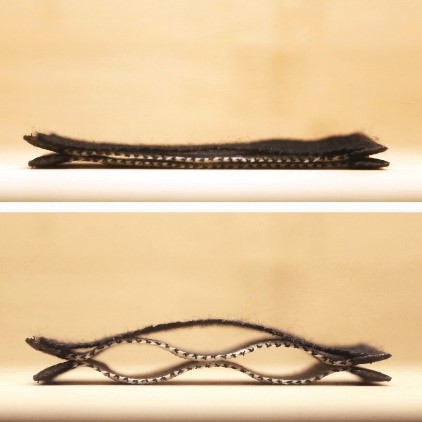
Summer is in full swing, and for many Americans that means high temperatures and even higher electric bills. The amount of energy used to heat, cool and ventilate buildings in the United States is enormous, equivalent to approximately 13% of the country’s annual power use.[1] This is in part due to how inefficient environmental systems can be, which results in significant power wasted or lost. But as anyone who’s spent a summer in Florida, or a winter in Wisconsin, knows, heating, ventilation, and air conditioning (HVAC) are often essential to comfort and health. HVAC technologies are…
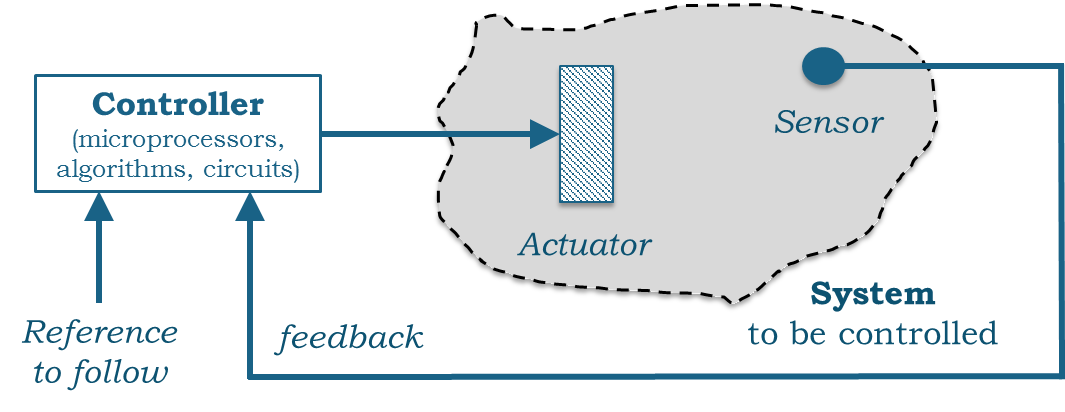
ARPA-E Program Director Dr. Mario Garcia-Sanz discusses his background and upcoming workshop. You are leading an upcoming workshop entitled “Control Co-Design for Wind and Marine-hydro-kinetic systems” – what is “control co-design”? Control engineering is the application of mathematics, physics and technology towards autonomous control of physical systems. Control engineers take data about system status and performance, and use microprocessors, algorithms, circuits and actuators to improve system conditions and, ultimately, regulate variables automatically. The system…
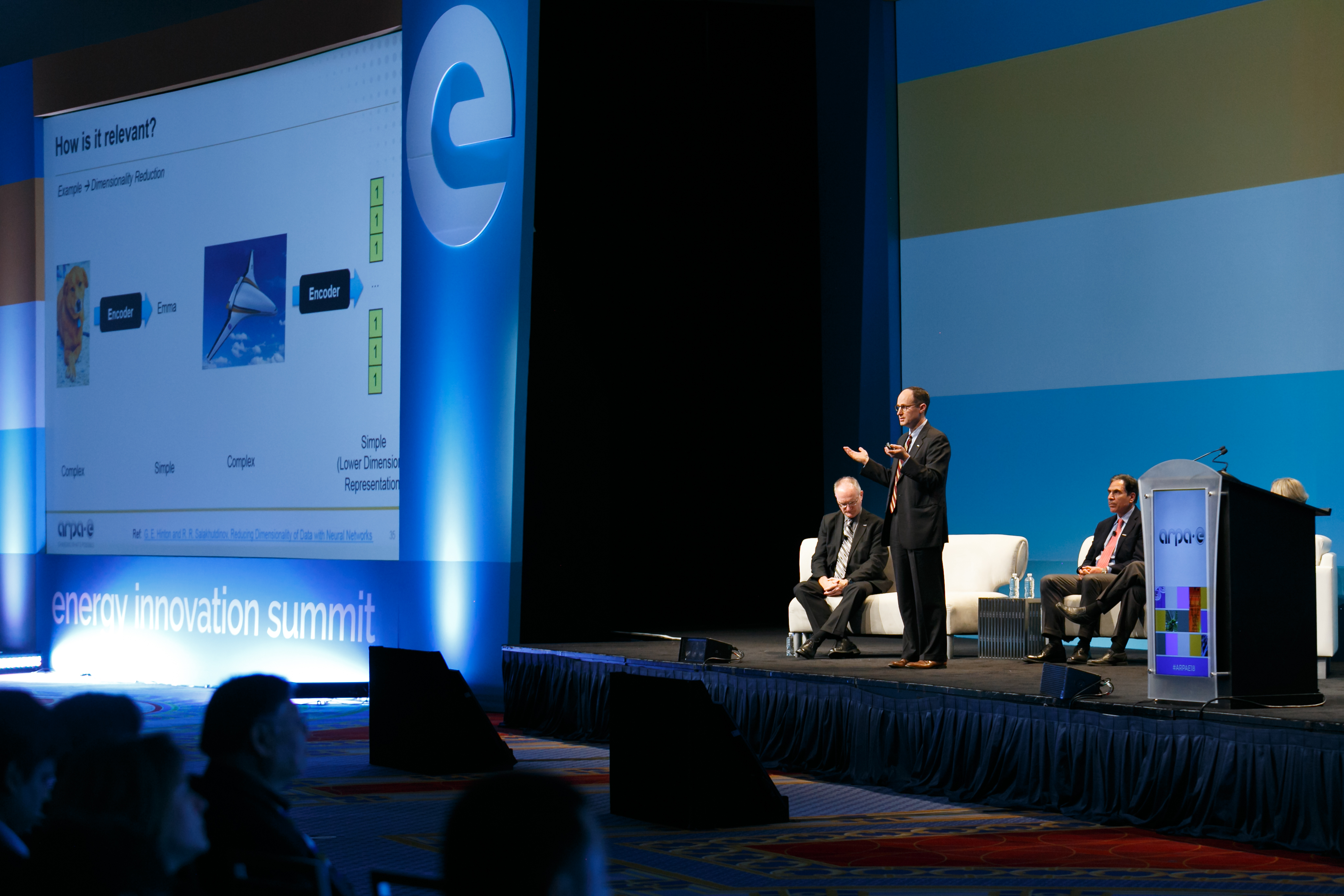
Dr. David Tew joined ARPA-E as a Program Director in 2016 after nearly 20 years at United Technologies Corporation. His research focus at ARPA-E includes combined heat and power systems, industrial processes, and transportation energy efficiency. Dr. Tew delivered a Fast Pitch on Machine Learning-Enhanced Energy-Product Development at the 2018 ARPA-E Energy Innovation Summit. Now, he is leading a workshop on the topic to engage the broader research community. In one sentence, can you tell us what this workshop is about? We want to bring together machine learning (ML),…
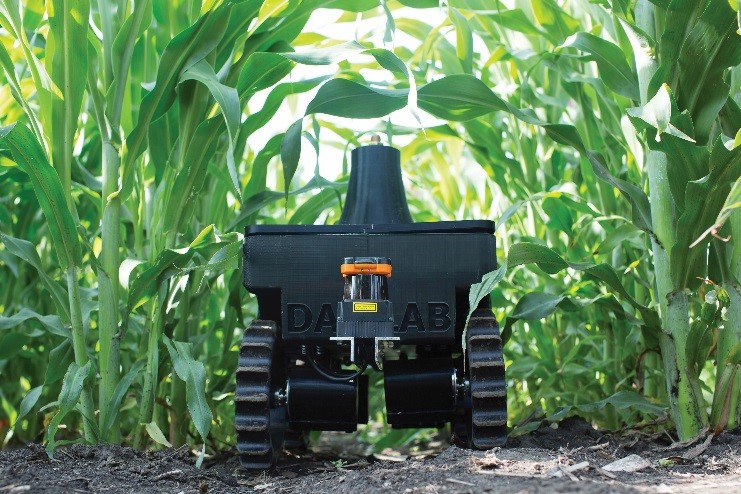
Is your gas light on again? ARPA-E’s Achates Power, Inc. team is working with Argonne National Laboratory and Delphi Powertrain to develop innovative technologies to improve gasoline efficiency in automobiles. Under its OPEN 2015 Award, the Achates team has successfully designed a new engine that is 30-50% more efficient than conventional gasoline engines without raising the engine’s cost. The team integrated a gas compression ignition (GCI) strategy with an opposed piston (OP) engine architecture. The OP engine design offers efficiency improvements as it reduces heat transfer and…
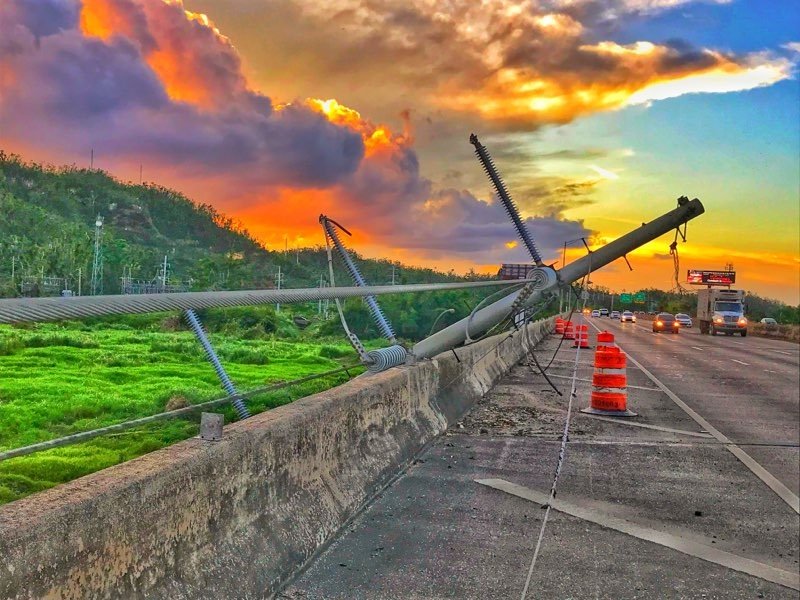
Cross-posted from the Energy.gov blog. When Hurricane Maria struck the U.S. territory of Puerto Rico last September, it took the entire island’s power grid with it. Today, over 95 percent of the island has its power restored, but the rebuilding process is far from finished. Over the long term, many challenges remain — along with some big opportunities to make the grid smarter and more resilient. The Puerto Rico Electric Power Authority (PREPA) manages the island territory’s grid and serves millions of customers. Now, they’ve set out to rebuild it better than before. To help accomplish…
